-
audiovisual
Future Justice Series - Just war
2022
This audiovisual desktop essay (00:05:35) is created in commission for Artez Studium Generale within the theme of "future justice". It explores the justness of war, the evolving distancing from the battlefield, notions of accountability and strategy in modern conflict. As the computer screen transitions through a curated collection of images, the voiceover guides the viewer through an analysis of how wars could be slightly more just in the future.
Excerpt of script and visuals:
It is 2014 and we are at war.
Military ethicists would argue this is a just war; there were good reasons for going to war, and the conduct throughout was morally acceptable.
It's 2014 and we're at war.
Our soldiers are fighting in our name, citizens of the Netherlands.
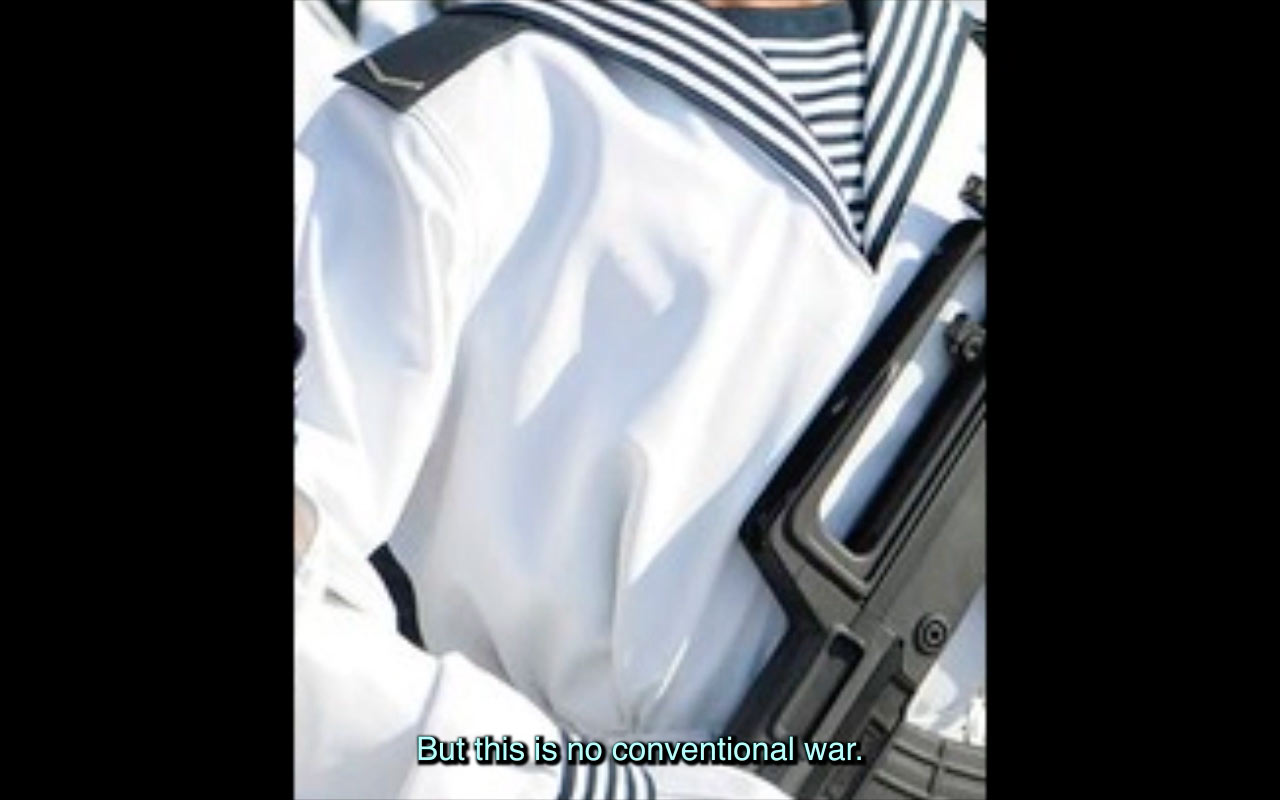
Our soldiers aren't fighting at the frontline. They are not in the engaged in hand-to-hand combat with the enemy, they are not in the trenches or at opposing battlelines.
The military ethicists aside, is this a just war?
How about we decide whether a war is just based - not on the righteousness of its intentions - but on the effectiveness of its actions?
We are fighting Islamic State in Iraq and Syria. The goal? Defeat IS and promote peace and prosperity in the region.
This is a lesser form of war - or at least; it would seem so. Made possible by technological developments and necessitated by risk aversion, this war is now being fought from a distance.
Nowadays, waging war means fighting in coalitions with local partners. It means having little soldiers on the ground. Nowadays, we fight wars from a distance.

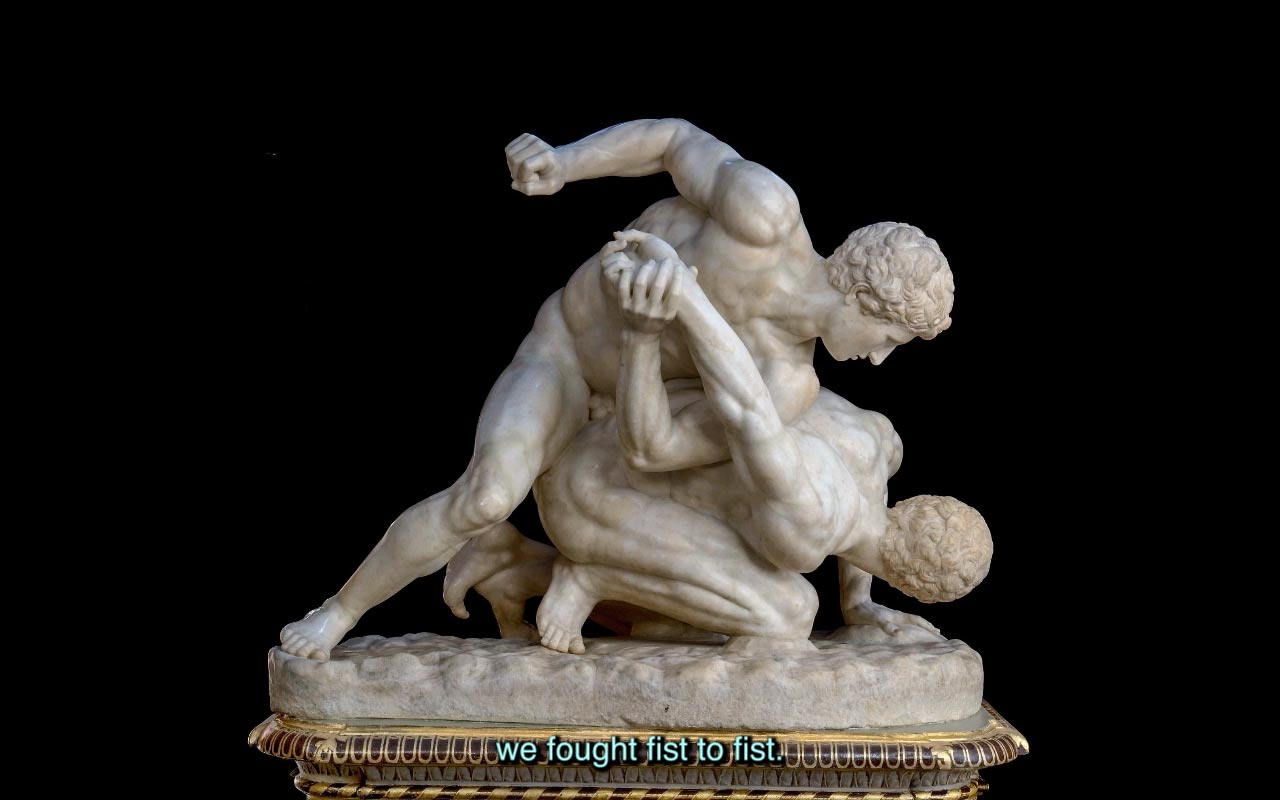
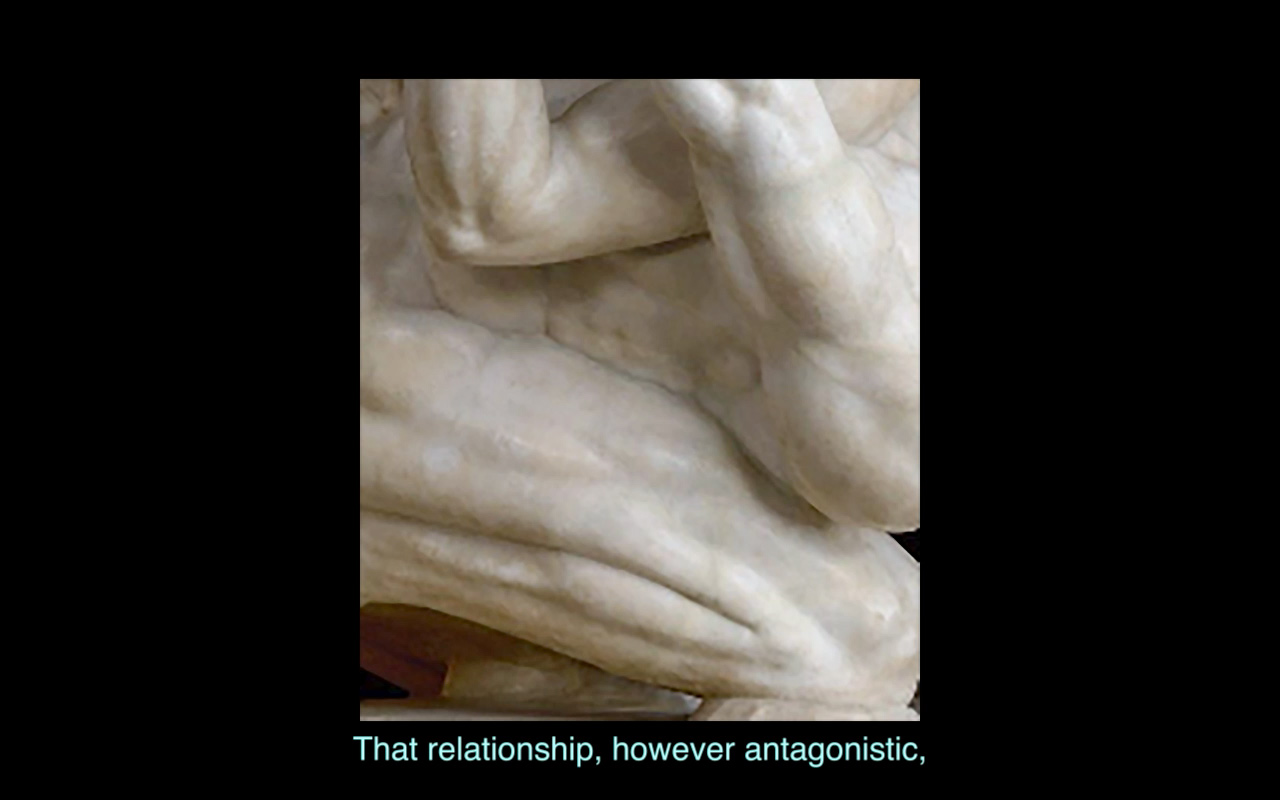
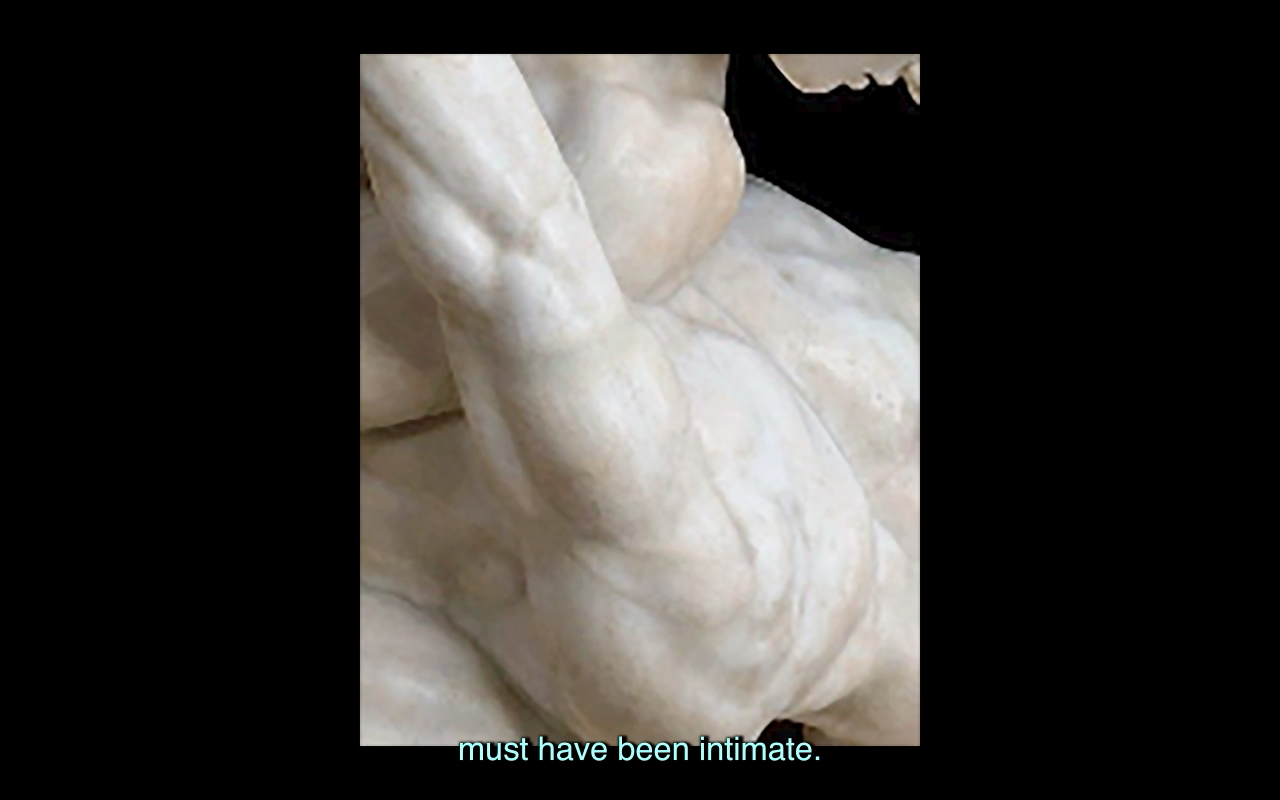
We used swords, arrows, guns; whenever technology allowed us, we have tried to distance ourselves from the battlefield.
Then we got up in the air and thrived. The sky was never the limit.
However, wars cannot be won from the sky. War is all about the people; who they are, what they think and believe. It's about their fears, struggles, possible reasons to fight.
Why am I telling you this?
Because although conflict between people is inevitable, violence and war are not.
It is 2021 and I am not sure if we're at war.
It has been a couple of years since the victory over IS has been claimed but rhetoric seems to be far away from reality.
It's 2021 and over eleven million Syrians and five million Iraqi's have been displaced. Eighty percent of both the city of Raqqa and Mosul have been levelled and the majority of Syrians live below the world poverty lines.
If the aim of this mission was to protect the citizens of Iraq and Syria and to promote peace, can we say this goal has truly been achieved?
Or rather - has this strategy created a perfect breeding ground for a new insurgency?
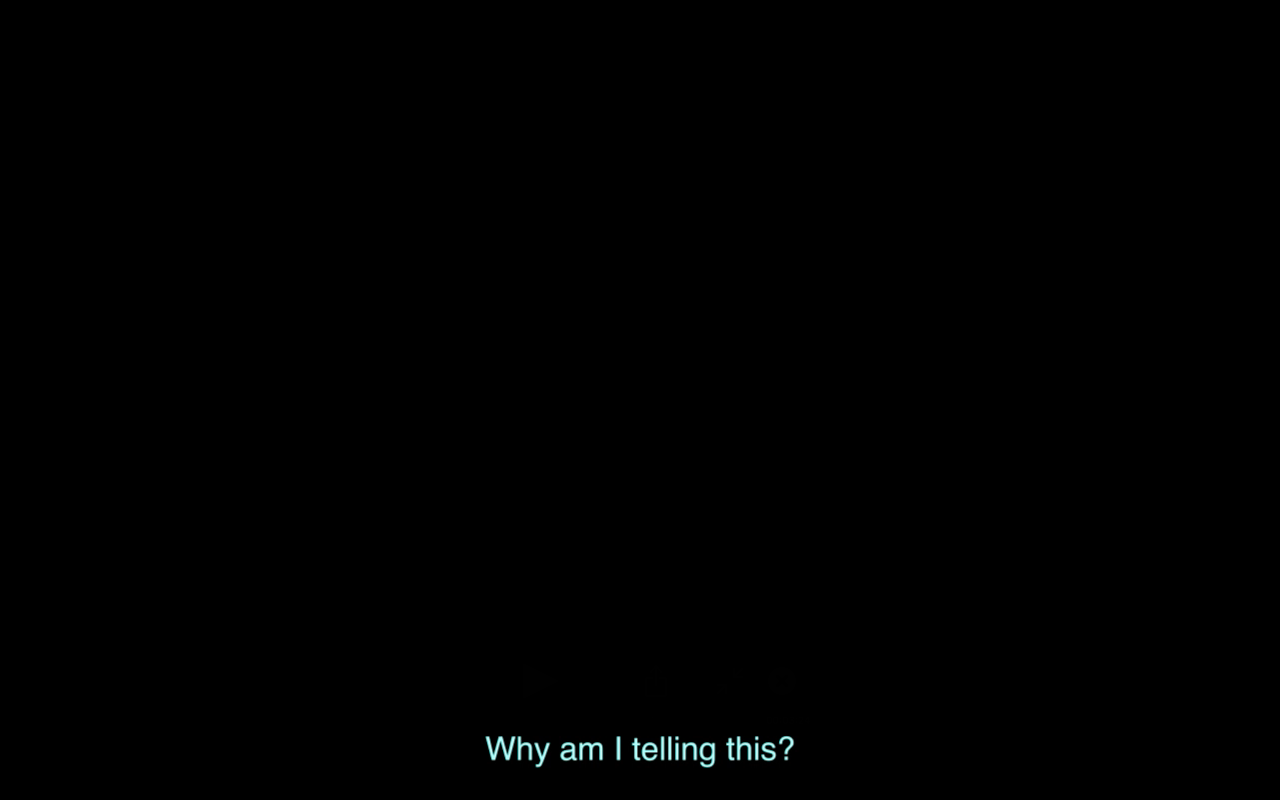
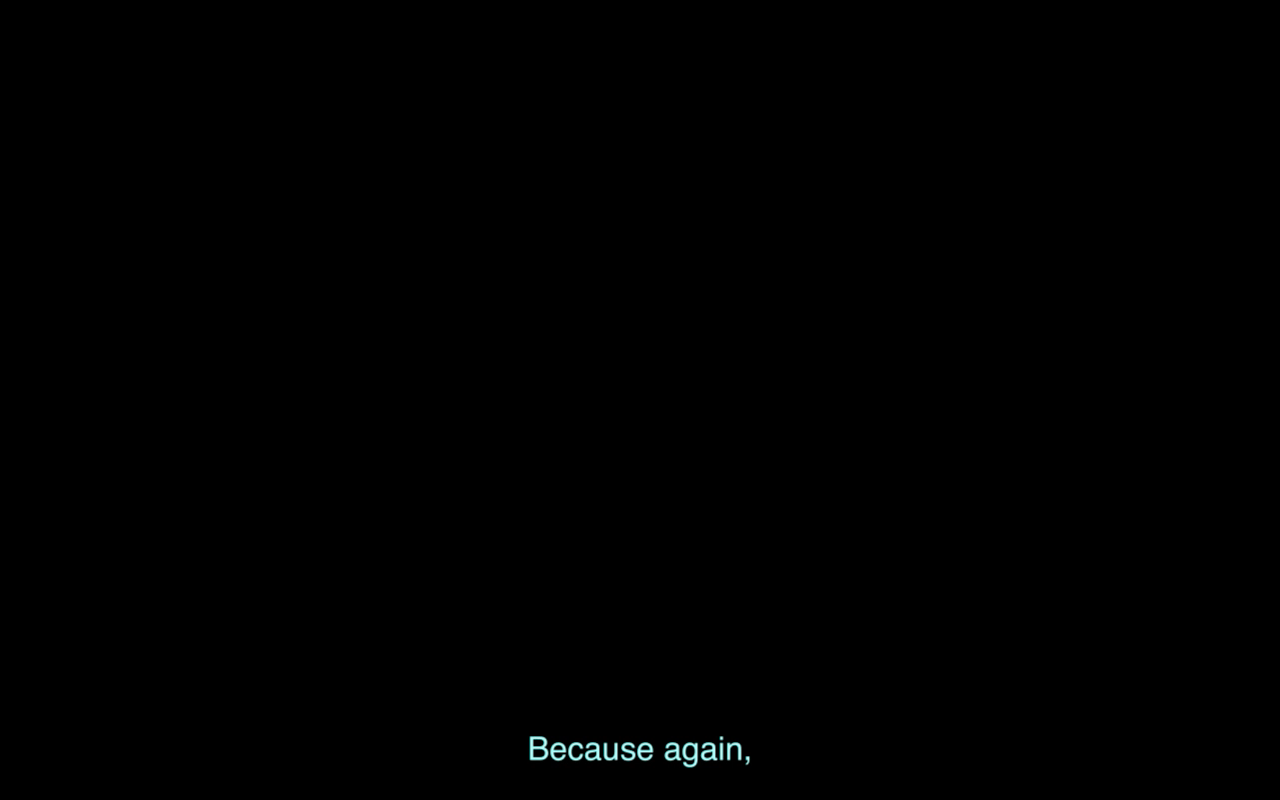
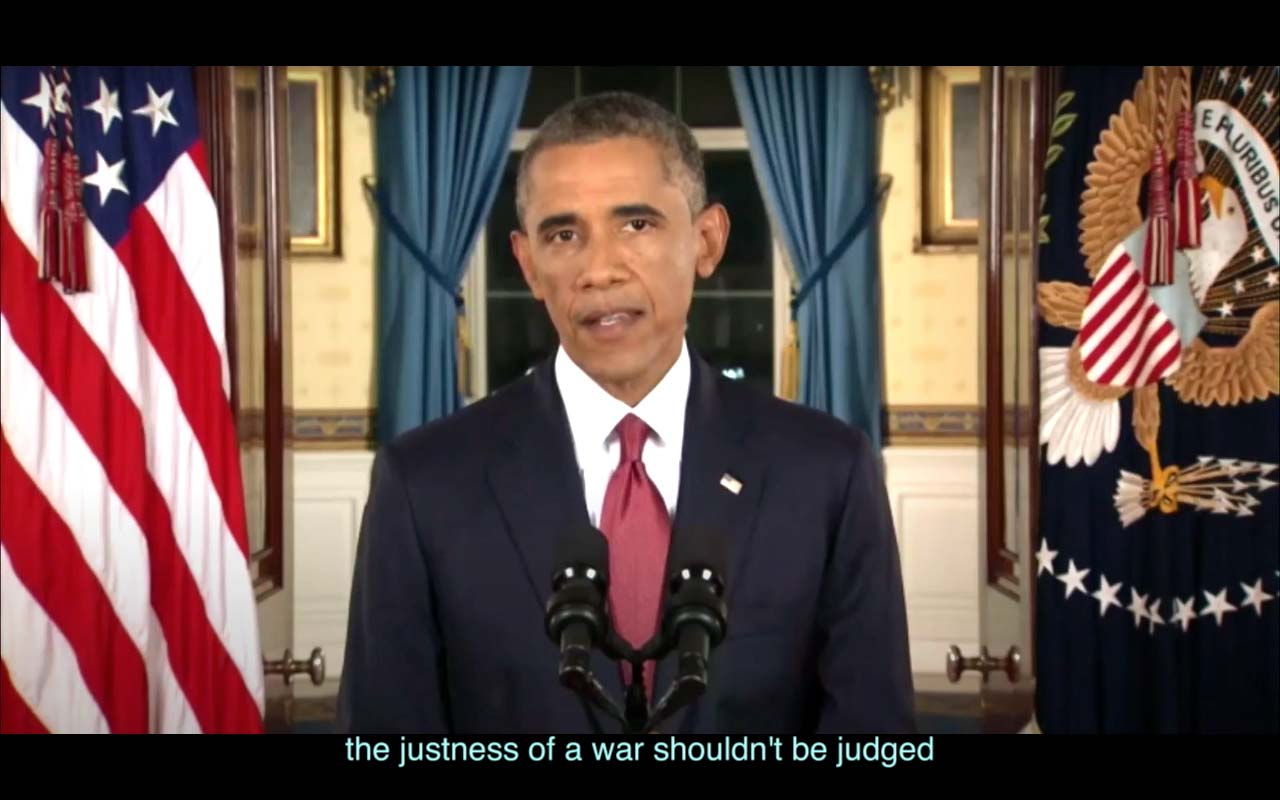
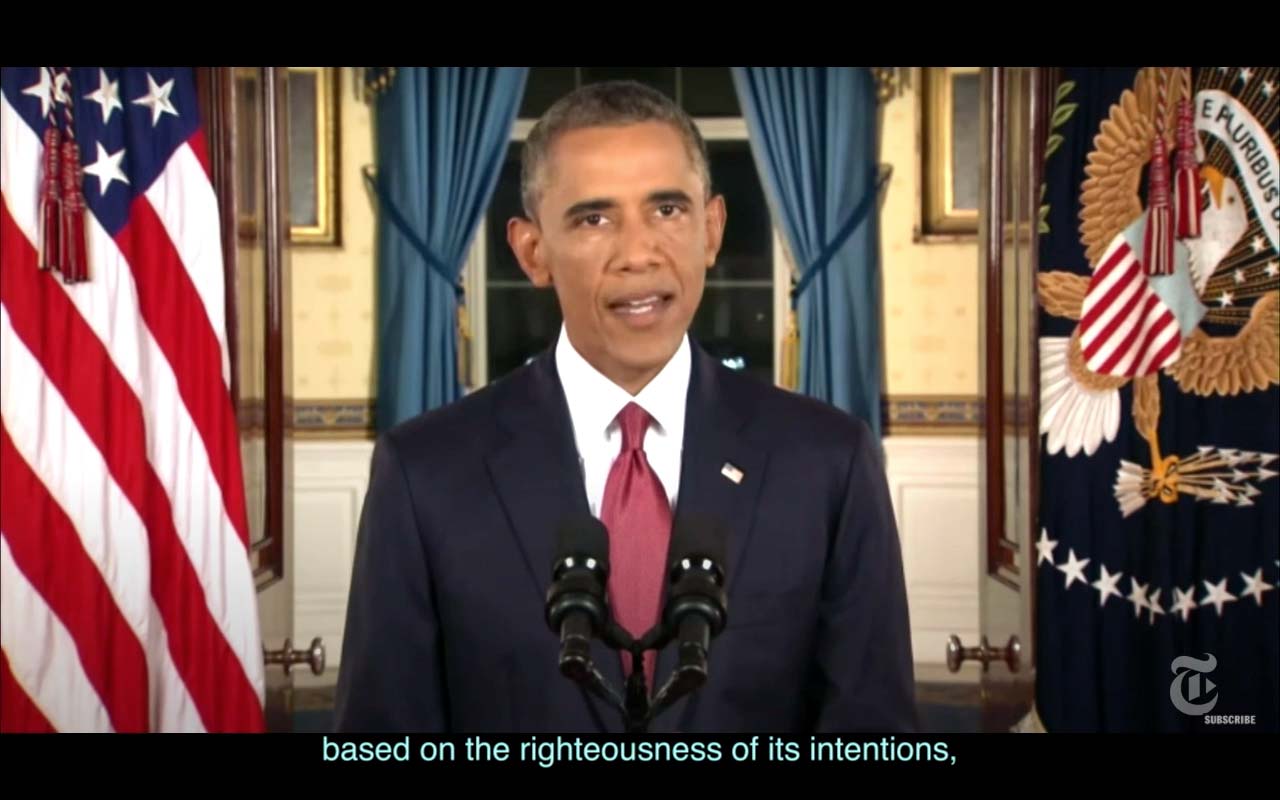
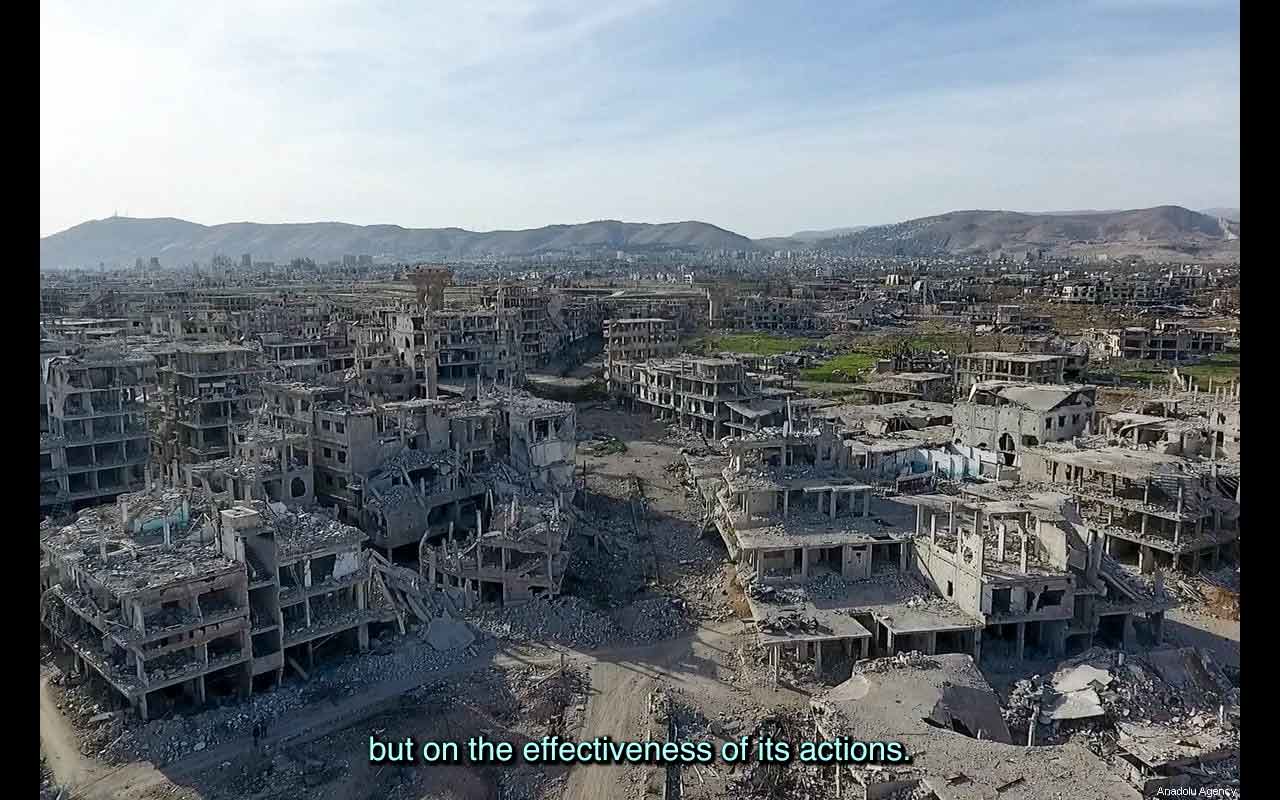
War can be more just, and not only for who our government is fighting against.
Also for us; the people in whose name violence is executed.
The war as it is might be tempting to keep out of the limelight.
In a democracy, we should avoid the shadow. It slowly but steadily undermines the capability of our representatives
to check,
to balance,
to decide,
to go
to war.
I do not envision a just future in which no wars are fought and the sun always shines.
I am not a pacifist.
But I do believe that in our current approach to war there's so much to gain in terms of transparency, justice, long-term vision and political control.
In short: bring politics back into war.
This means creating a military strategy based the long-term political and strategic aims of a mission.
This means making sure that our democratic systems remain strong in its checks and balances.
This might be a more just war.









